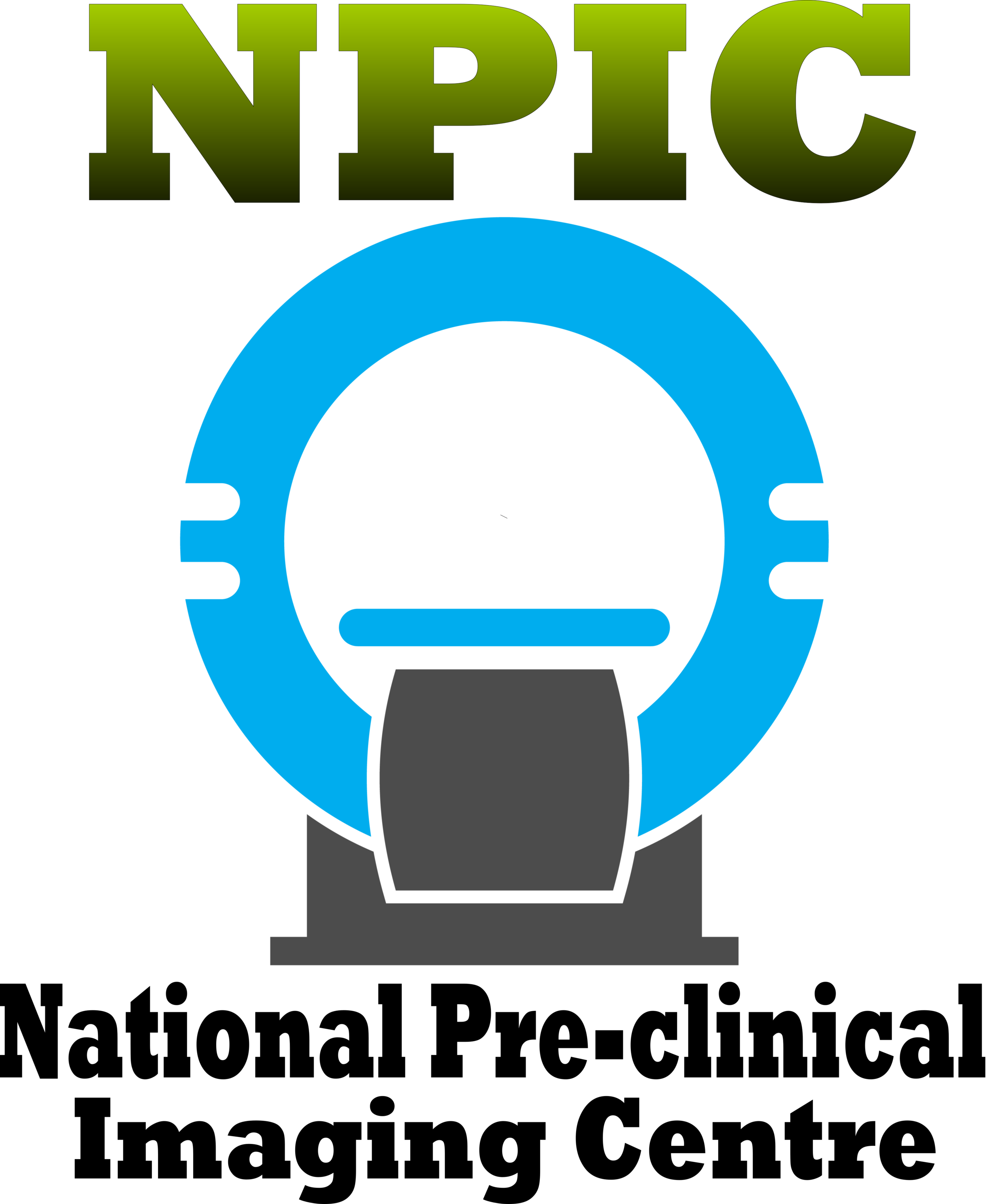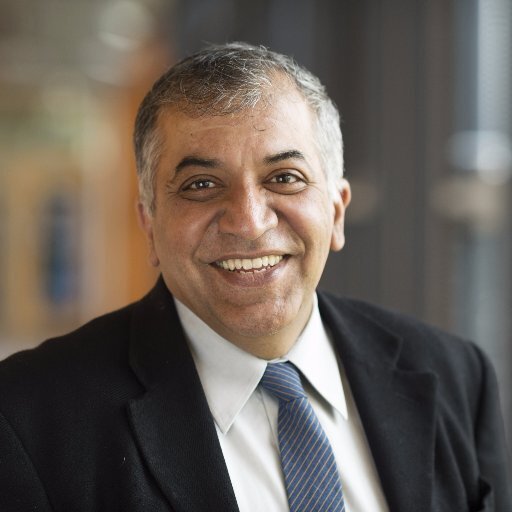Prof Annette Byrne - Director
Prof Annette Byrne is Professor (Physiology) and Head of the RCSI Precision Cancer Medicine (PCM) Group which was established in 2008 at the Royal College of Surgeons in Ireland. In 1999, having gained a PhD in Cell Biology at the University of York, UK, Prof Byrne was awarded the John Kerner fellowship in Gynaecologic Oncology from the University of California, San Francisco. During this period she was engaged in the elucidation of novel angiogenesis targets involved in the development of ovarian cancer, as well as interrogating the in vivo activity of novel therapeutics. Subsequently, Prof Byrne was recruited as Scientist by Pharmacyclics LLC (Sunnyvale, California) to investigate the mechanism of action of a new class of radiation/ chemotherapy under clinical development. In 2003 Prof Byrne relocated to New York where she was employed as Senior Scientist in Angion Biomedica Corp, whose main focus was developing therapeutics which manipulated angiogenesis signalling pathways. Prof Byrne returned to Ireland in 2005 to the position of Principal Investigator at University College Dublin's Conway Institute. During this engagement she was instrumental in establishing Ireland's first comprehensive Tumour Xenograft Facility and translational Pre-clinical Imaging Centre. Prof Byrne was recruited to the Royal College of Surgeons in Ireland in 2008 as tenured Lecturer (Physiology) and Principal Investigator, RCSI Centre for Systems Medicine & Dept of Physiology and Medical Physics. Prof Byrne was promoted to Snr Lecturer in 2013, to Associate Professor in 2017 and to Full Professor in 2019.
Prof William Gallagher - Associate Director
Professor William Gallagher is a Professor of Cancer Biology in the UCD School of Biomolecular & Biomedical Science and Former Director of the UCD Conway Institute of Biomolecular and Biomedical Research (2016-2021). He was also the Director of the first Irish Cancer Society Collaborative Cancer Research Centre, BREAST-PREDICT, which received 7.5 million euro in funding from 2013 to 2018 (www.breastpredict.com). His primary research interests are in the areas of cancer biology and molecular therapeutics. Prof. Gallagher originally graduated from the Department of Biochemistry, UCD in 1993 with a 1st Class Joint Honours degree in Molecular Genetics and Biochemistry. Subsequently, he obtained a PhD in Molecular and Cellular Biology from the Cancer Research UK Beatson Laboratories in Glasgow. In 1997, he moved to Paris to undertake a Marie Curie Individual Fellowship at Rhone-Poulenc Rorer (currently Sanofi-Aventis). Afterwards, he returned to Ireland upon receipt of an Enterprise Ireland Post-Doctoral Fellowship (1999-2000) and, subsequently, a Marie Curie Return Fellowship (2000-2001). In 2001, he was employed in a permanent capacity as College Lecturer at UCD within the former Department of Pharmacology. In 2005, he was appointed Senior Lecturer within the UCD School of Biomolecular and Biomedical Science and was promoted to Associate Professor of Cancer Biology in 2006. In September 2009, Prof. Gallagher took up the position of Vice-Principal of Research and Innovation at the UCD College of Life Sciences, and was appointed a Conway Fellow at the UCD Conway Institute. In 2007, he co-founded OncoMark Ltd. (where he is currently Chief Scientific Officer), which is a private company centred on the development and application of biomarker panels and associated technologies, on both tissues and biological fluids (www.oncomark.com). A major focus of Prof. Gallagher's research work is the identification and validation of candidate biomarkers of breast cancer and melanoma, with particular emphasis on translation of transcriptomic and proteomic datasets into clinically relevant assays
prof abhay pandit - associate director
Professor Abhay Pandit is the Established Professor in Biomaterials. He is the Director of a Science Foundation Ireland funded Centre for Research in Medical Devices (CÚRAM) at the the National University of Ireland, Galway. He obtained a PhD from the University of Alabama at Birmingham, where his postgraduate work focussed on the modification of a fibrin scaffold to deliver a therapeutic biomolecule and resulted in a clinical trial at the Burn Centre. Prof Pandit has over twenty-five years of experience in the field of biomaterials. After a seven-year stint in industry he has worked in academia for the last twelve years. His research is funded by Science Foundation Ireland, the 7th EU Framework programme, Enterprise Ireland, Health Research Board, the AO Foundation and industry sources, and in excess of €78 million. He is the author of 4 patents and has licensed three technologies to medical device companies. He has published more than 180 manuscripts in high-impact factor publications. He was inducted as an International Fellow in Biomaterials Science and Engineering by the International Union of Societies for Biomaterials Science and Engineering (IUSBSE). He has been elected as a Council Member of the Tissue Engineering and Regenerative Medicine and the International Society and European Society for Biomaterials.
Dr Ian Miller - RCSI Imaging Specialist
Dr Ian Miller is a senior post-doctoral fellow/ Research Imaging Engineer at the Royal College of Surgeons. He complete his PhD studies in 2008 in Biomedical Science and Engineering at The Conway Institute, University College Dublin (UCD) investigating the interaction of cancer cells and novel growth surfaces. In 2010, he changed his research interest to cancer research. He accepted a position in the Feinstein Institute for Medical Research (Northwell Health) in New York to complete a Post-doctoral Fellowship determining factors of communication between microglia and the progression and development of glioblastoma multiforme (GBM). Primarily he focused on the enhancement of invasion of the glioma cells when in combination with microglia and the survival advantage the microglia bestowed on the glioma cells after therapeutic radiation. These studies led to discovery of a novel microglial modulating drug which enhanced the treatment of GBM when in combination with radiotherapy and standard chemotherapy. During this Fellowship he gained significant experience in in vivo tumour modelling.
Building on this experience, Dr Miller joined Prof. Byrne’s group at the Royal College of Surgeons in Ireland as a Marie Curie Fellow in 2013 on the EU FP7 funded AngioTox project to interrogate angiogenesis inhibitor (AI) toxicities, implementing a state of the art molecular imaging approach. Since then he has been involved in multiple projects (AngioPredict, BreastPredict, EdiReX and Colossus) with Prof Byrne predominantly in the colorectal cancer space, developing orthotopic PDX models for patient tumour stratification, and novel treatment combinations.
In 2020 he accepted a role as the in vivo imaging engineer for the RCSI node of the Science foundation Ireland funded National Preclinical Imaging Platform (NPIC) responsible for the development and implementation of micro-CT and Optical imaging modalities.
Emer Conroy - Research engineer
After an undergraduate degree in Experimental Physics (Trinity College Dublin) and a Masters degree in Optical Imaging and Optical Information Processing (Queens University Belfast) Emer started out as an Engineer working in R&D focusing on testing and transitioning new products (spectrometers, CCD, and ICCD cameras) from R&D to production. After completion of a European Masters in Molecular Imaging (Paris Sud University) Emer joined the Cancer Biology & Therapeutics (CBT) Lab based in the UCD Conway Institute in order to establish nuclear and CT imaging technologies in UCD. Emer currently co-ordinates Nuclear, CT and Optical Imaging activities for NPIC and the CBT lab; training, technical support, imaging protocol design, ethical approvals, local radiation safety officer, licensing etc.
Jeffrey Glennon
Jeffrey C. Glennon is a neuroscientist linking experimental psychology to biological mechanisms with a track record in industry and academic settings. This is centred around rule making / rule breaking processes in cingulate cortex that govern rational versus emotional decision making, . As a translational neuroscientist, he seeks to implement basic and preclinical efforts into clinical practice relevant to patients. This work underlies current research into drug-able mechanisms in type I myotonic dystrophy, autism and insulin-signalling pathways in type II diabetes as new drug targets relevant to treatment-resistant obsessive compulsive disorder (OCD). It also underlies his interest in loss of inhibitory GABAergic prefrontal cortical control mechanisms in conduct and antisocial problems. As a neurophysiologist / pharmacologist with both academic and pharmaceutical industry experience (3 patents), he has been fortunate to receive strong grant funding (3.9M euro) since his full-time return to academia in 2011, and has been involved in 8 EU FP7 / Horizon 2020 / IMI2 projects including leadership roles as coordinator and work package leader.
Dr Niall Colgan
Dr. Niall Colgan is a lecturer in medical physics and a clinical medical physicist. His work has been applied in diagnostic imaging projects related to dementia, acquired brain injury, psychosis, neurological disorder, oncology, musculoskeletal and cardiac disease. His primary research focus is biophysics and diagnostic imaging, particularly MR metabolite imaging and diffusion MRI however he also has active research programs in ionizing imaging, computational modeling/simulation, Microscopy, data mining, clinical instrumentation and tissue mechanics. He has led research teams in the area of preclinical imaging bio-markers and preclinical drug trials and has directed and established clinical imaging research facilities utilized in clinical research and trials. A particular interest is the development of imaging methods that will open up new possibilities for the diagnosis and evaluation of therapeutic efficacy.








